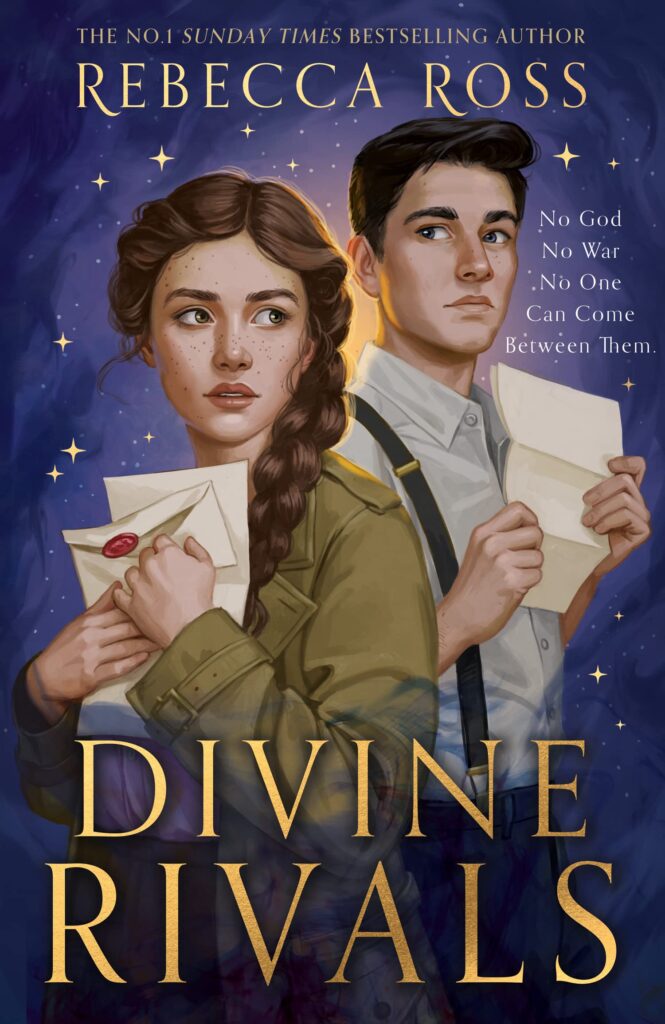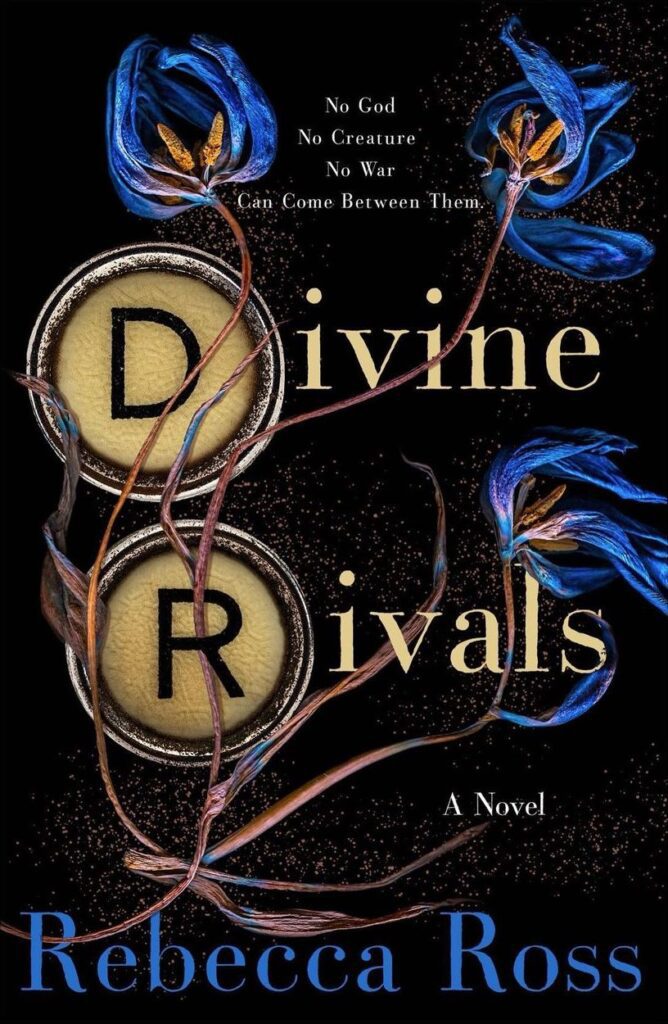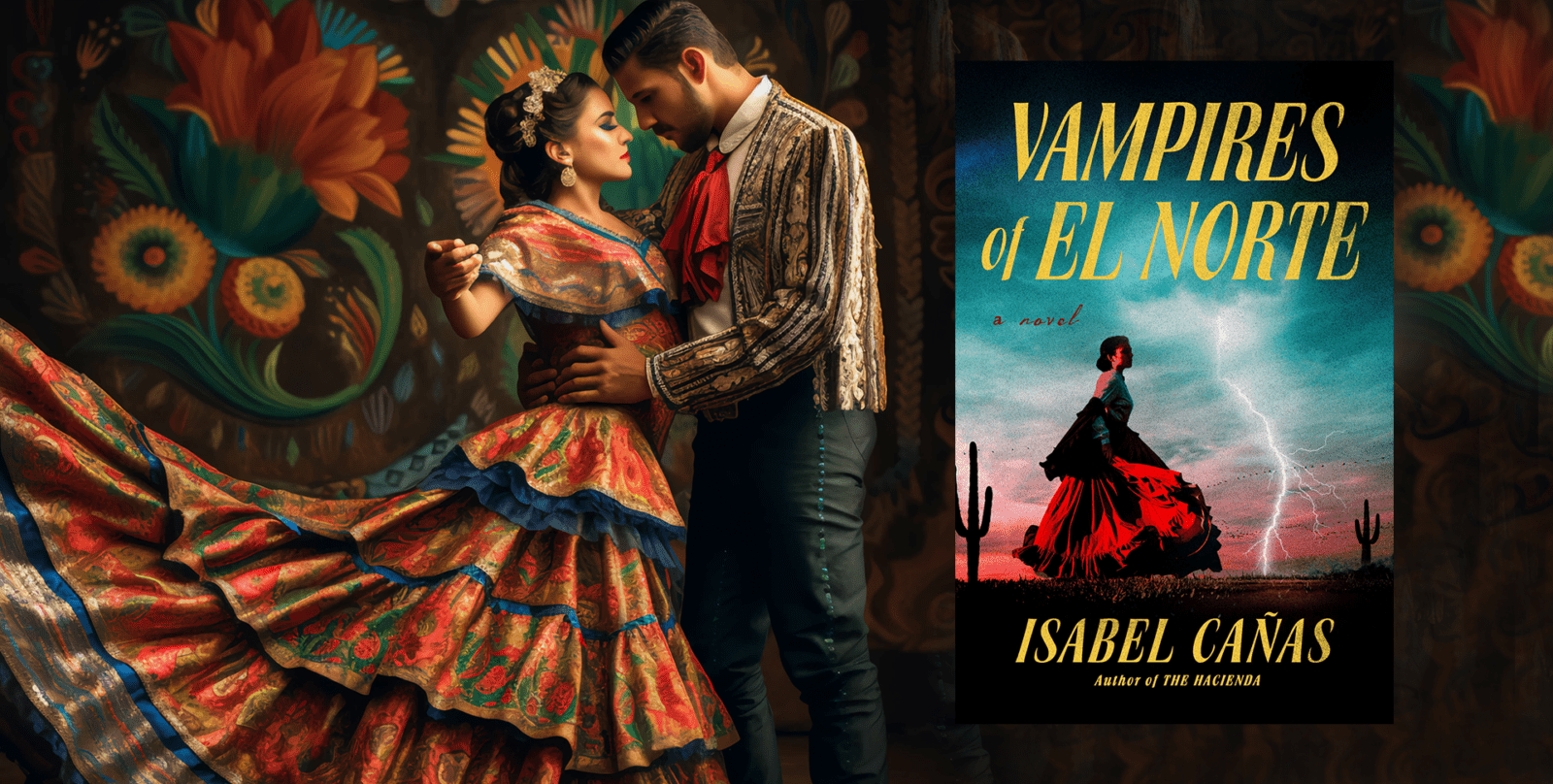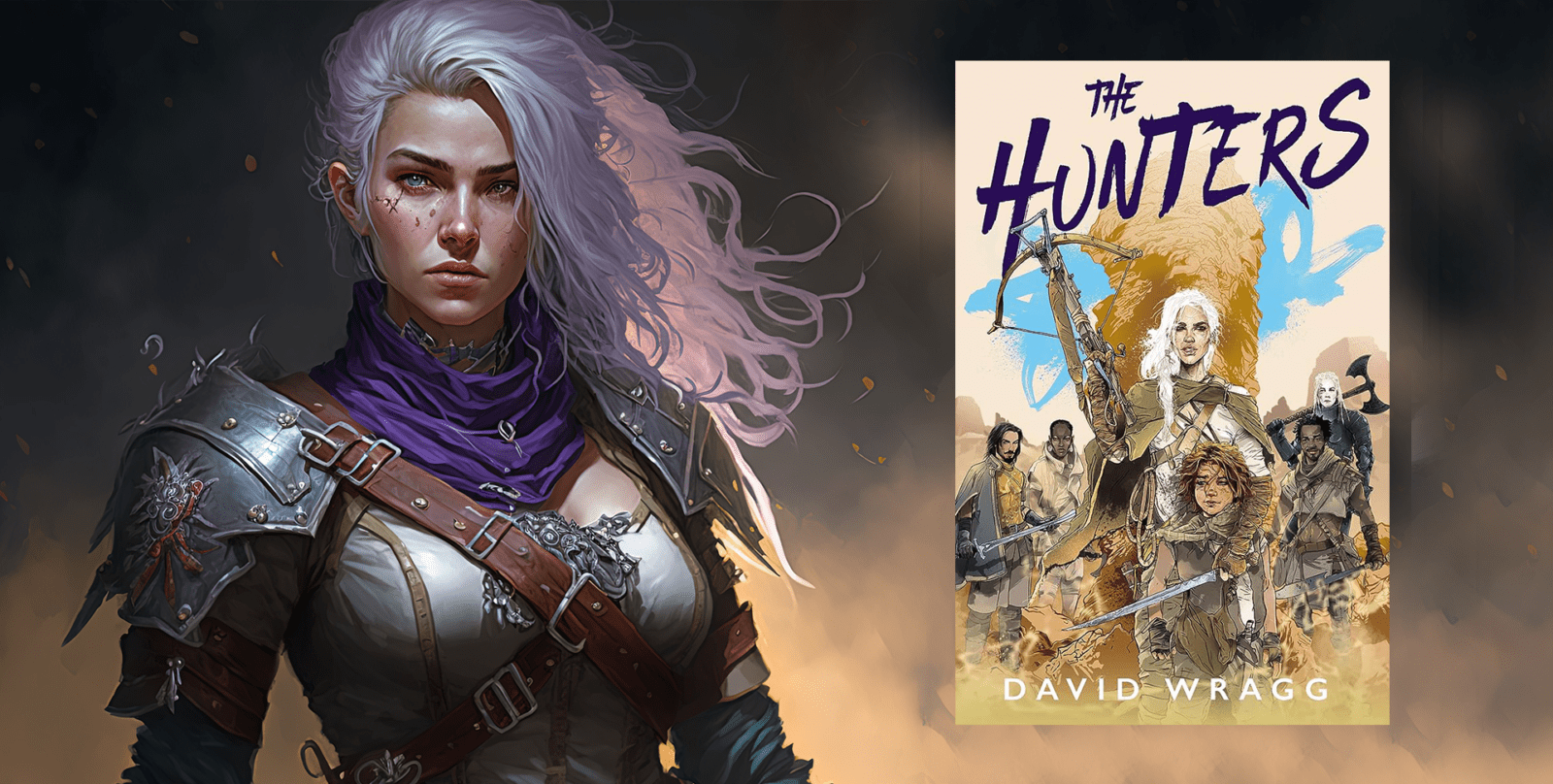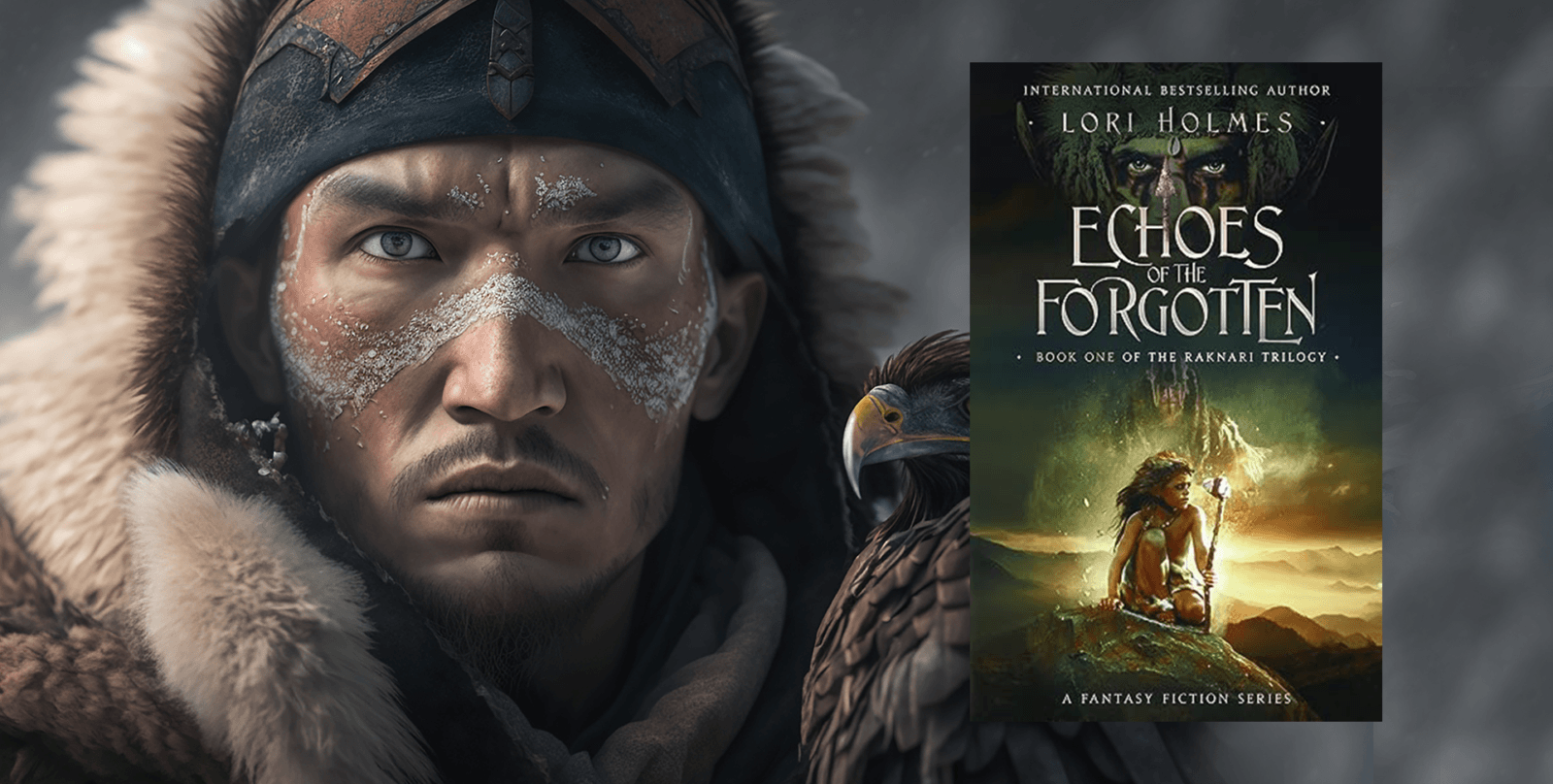Synopsis:
The gods have resumed their war after centuries of dormancy, but Iris Winnow is preoccupied with keeping her family together. Her mother is grappling with addiction, and her brother is absent from the warfront. Iris hopes to secure a promotion to columnist at the Oath Gazette as a way to stabilize things at home. To alleviate her anxieties, Iris composes letters to her brother and slips them beneath her wardrobe door, where they inexplicably vanish. Unbeknownst to her, her arctic and attractive rival at the newspaper, Roman Kitt, intercepts and responds to her messages anonymously. Through their correspondence, Iris and Roman establish a bond that will carry Iris through to the front lines of the conflict, where she will fight for her brother, humanity’s destiny, and love.
Thoughts:
First of all, it is important to note that this book does not rely heavily on its plot to carry the story forward. Rather, the narrative is centered entirely around the characters. While it is possible that subsequent volumes may take a different approach, it is clear that this initial installment is primarily character driven. If you have watched either or both “The Lake House” and “You’ve Got Mail” you are going to love this book.
My emotions about Divine Rivals are somewhat mixed. While the author’s writing style was exceptionally pleasing and the characters were carefully developed, I still have some reservations. However, one thing that can’t be disputed is Rebecca Ross’ writing skills. Her prose was incredibly moving, and there were moments where it evoked such powerful emotions that I was almost moved to tears. Specifically, the scenes where the characters exchanged vulnerable letters, sharing their innermost fears and longing for hope, were particularly poignant and relatable.
Although I thoroughly enjoyed the story and the characters, I found that the world building left something to be desired. Initially, I had difficulty envisioning the world in which the story took place due to the limited descriptions provided. While the plot and characters were engaging, a more robust depiction of the setting would have been beneficial. In addition, this narrative tended to lean more heavily towards the historical fiction genre rather than fantasy, as the fantastical elements were few and far between. Despite the fact that there was a beautiful backstory regarding the typewriters used to send letters, it was not adequately explained how they were able to do so. Additionally, I found myself quite perplexed by the gods in this book and their ability to influence people to engage in conflict against one another. As I mentioned earlier, the limited world building and magic system left me feeling unsatisfied and yearning for a more comprehensive understanding of the story’s universe.
Iris was an exceptional character, one who was both imperfect and strong-willed. Despite her flaws and stubbornness, her resilience shone through. The author skillfully depicted Iris’ struggle to trust others, particularly in the aftermath of the loss of her closest confidante, her brother Forest. She was a very private person, and this trait was portrayed wonderfully by the author, highlighting her struggles in dealing with such a traumatic experience that occurs at the start of the book. Iris was very incredibly relatable, you can’t help but rooting for her.
Roman was a young man from an affluent background who became ensnared by his father who sought to exploit Roman’s sense of guilt for his own personal gain and advancement in society. As a result, I empathized greatly with Roman’s situation and could understand why he was motivated to break free from his family’s influence and pursue his true passions and desires.
Another minor issue I had with the book was the discrepancy in the frequency of Iris’s and Roman’s perspectives. While both were regularly featured at the beginning of the story, Roman’s perspective became increasingly sparse towards the end, which left me wanting more insight into his character. Similarly, I found myself becoming increasingly frustrated with the lack of urgency in locating Forest, which was supposed to be Iris’s primary reason for traveling north as a warfront correspondent.
The romance between Iris and Roman was grounded in practicality and developed at a steady pace. The evolution of their relationship was both relatable and realistic, making it a convincing and engaging aspect of the narrative. The intimate scenes between them was beautifully portrayed in lyrical prose.
The plot twist at the end of the book, where we were finally given a glimpse into Daecker’s perspective, was an exciting development that left me eagerly anticipating the next installment as that was the first time in the story that we were able to see events from the perspective of the gods.
In summary, Divine Rivals is an excellent character-driven novel that shows a great deal of potential and promise. It serves as an excellent start to the series, and I eagerly look forward to seeing where the story goes from here.
My heartfelt gratitude to Netgally, Wednesday Books and McMillan Audio for providing this audiobook advanced reader copy in exchange for an honest review. I apologize in advance for any spelling mistakes in names or places in my review.
Rating:

The Amazing Book Covers:
